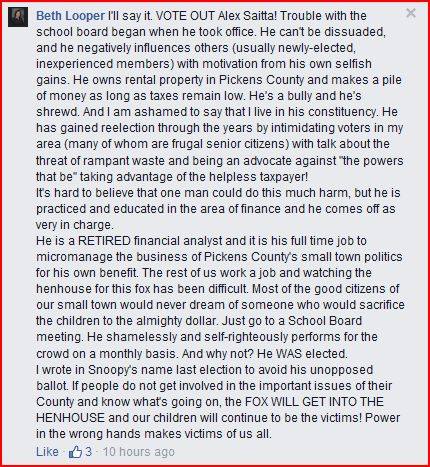EMS Update
By Alex Saitta
June 24, 2025
Myself and other members of the county council have long talked about the need for more EMS stations (click here). It has been 13 years since the county has added a new station and since then call volume is up 22%.
This budget cycle starting on July 1, the council made EMS a top priority. The county is adding a second station in Central, and a fourth station in Easley. This will lower response times all over the county, as those growing areas will now less likely draw away coverage from Liberty, Pickens, Dacusville and Six Mile.
In Central the county is building out one of its extra bays at Commons Way, adding two bedrooms, a bath, and storage for another 24-hour crew. In Easley, the plan is to add on to the existing Popefield Station to house a second 24-hour crew. I realize the locations are not optimally located in Central or Easley, however, this will save hundreds of thousands of dollars relative to building new ground-up stations.
Right now Pickens EMS station is a mobile home at the Rescue Squad on Ann Street. The plan is to build a new ground-up station at the old EMS location behind the Pickens Library (opening by the end of 2026). That station will not be cheap, but we are working on that.
The EMS 2025-26 operations budget is up 24.8%. This includes funds to bring on the two new 24-hour staffs. Additionally, there is a 5% pay raise for all 730 employees (county administrator and county council pay is frozen). If the federal government eliminates income taxes on overtime, that will further boost the take home pay of EMS and other workers who have built in overtime in their pay structure.
Capital wise the county has 20 ambulances, and 11 will be 24-7-365 trucks on the front line. Ten of the 11 are relatively new, so the EMS fleet is in very good condition. Looking at the EMS capital budget, the county buys 4 new ambulances each year. The new ambulances remain on the front line until they hit about 150,000 to 175,000 miles and then move to the ranks of the back-up ambulances. Additionally, the county is adding a new QRV truck (a mini ambulance) and Z-vests and gas generators to many of the stations.
By the way, the department with the largest rolling stock is the sheriff’s office with 147 vehicles, second is the Roads and Bridges department with 97 items, and tied for third is Solid Waste and the Fire Department, both with 83. With all that rolling stock, you may ask, what happens to the very old vehicles? They are sold. This past year the county sold $363,000 in surplus vehicles and rolling stock.

